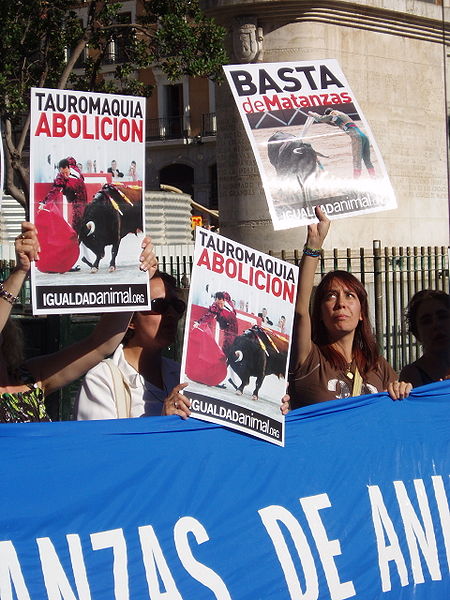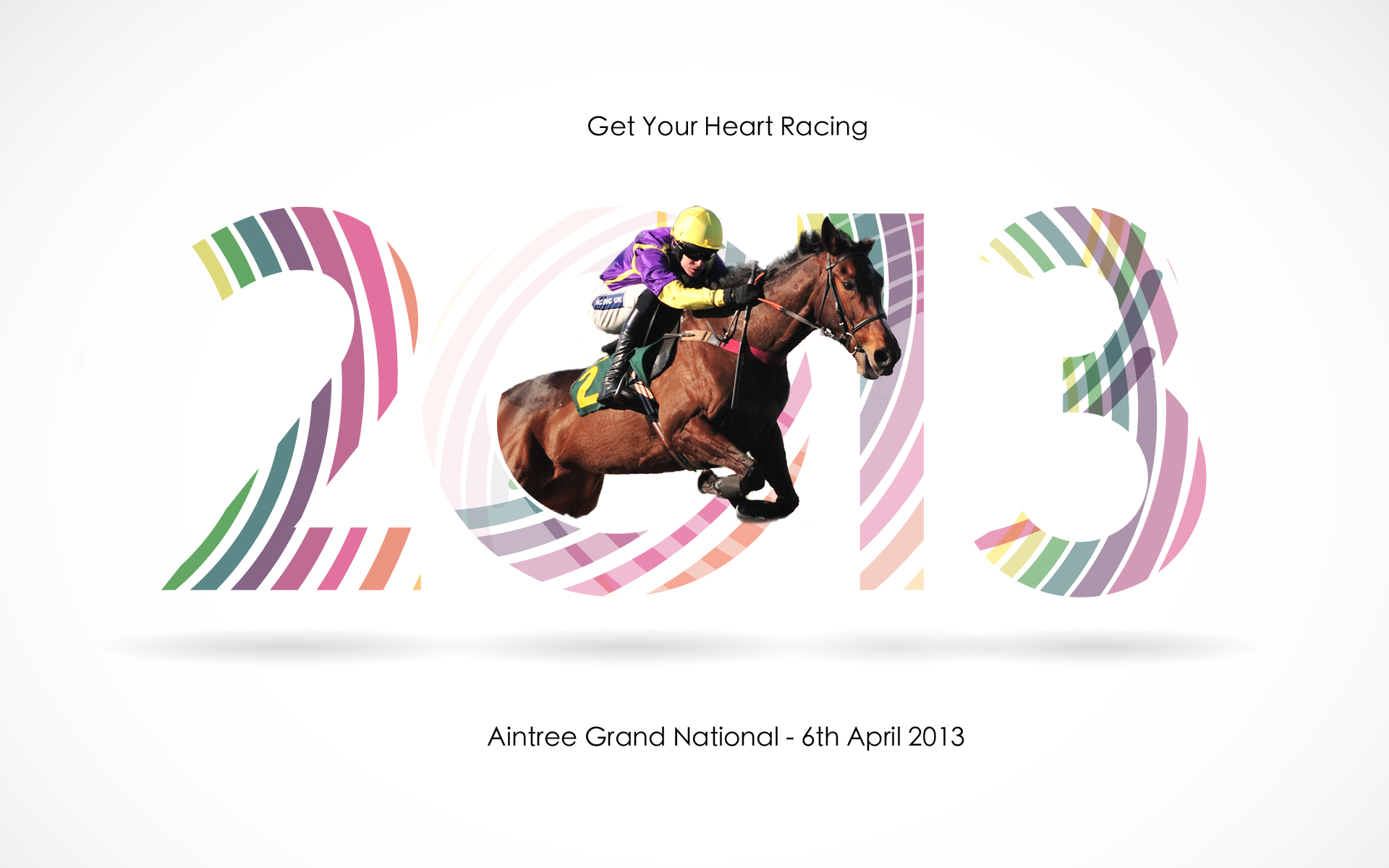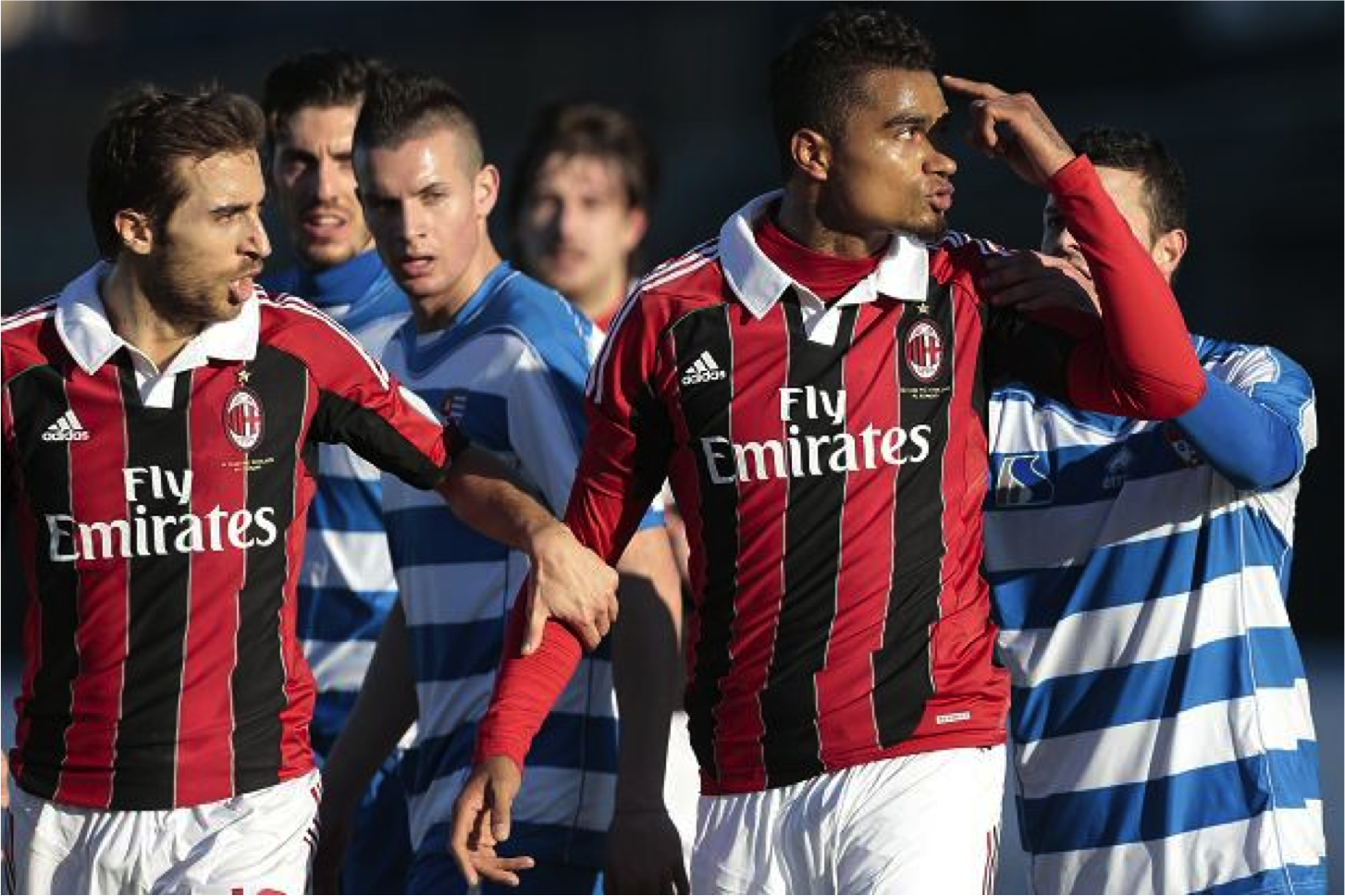<!–
google_ad_client = “ca-pub-6469969007044671”;
/* Anne Iredale */
google_ad_slot = “4931800784”;
google_ad_width = 728;
google_ad_height = 90;
//–>
I love football. I love the rituals. It’s a dance. It’s geometry and physics and sometimes it’s guts and glory. At its best, it is poetry in motion. I have watched football all my life. Whatever is wrong with the modern game and there is a lot that is wrong, one can’t blame it on the game. It is, after all, people that spoil things, not the sport itself. For me, football has always been the Beautiful Game and it always will be. As for the other rubbish – well, it breaks my heart.
What I Like
Going to Live Games
Saturday is different. Saturday is special. There is the thrill of anticipation. Walking into the ground is like no other feeling. It’s a cathedral. It’s a theatre of dreams.
Sweet Georgie
His image adorned my bedroom wall. He made a lot of other players look like they were still in the 1950s. He was gorgeous. His balance and his ability to go past countless players was a joy to behold. I still miss him.
Glorious Pele
At 17 years old, the Brazilian genius was hoisted on his team-mates’ shoulders, having scored two goals in the 1958 final to clinch Brazil’s first World Cup victory. Scoring unbelievable goals throughout his career, he was a great ambassador for the game. Unfortunately, he was targeted in the 1966 World Cup campaign and literally kicked off the field against Portugal.
Bicycle Kick Goals
When a bicycle kick connects with the ball, it’s a triumph of spatial awareness and timing. When it’s a bicycle kick goal, the wow factor doesn’t get any more wow, as recently exemplified by Zlatan Ibrahimovic’s goal for Sweden against England from 30 yards.
Good Chanting
Good-natured banter gets the atmosphere going. It’s part of the game, along with pie and peas at half time and contributes to the local mythology of clubs. Each generation re-invents their own traditions.
What I Don’t Like
Tuneless National Anthems
National anthems (with the possible exception of the French one and the American one) are completely devoid of a decent tune. How many of these dirges have we sat through. Players half-heartedly mumble along with these apologies for an anthem, without a discernible melody.
Are You Blind, Ref?
Dissent. Aggressively going after the referee / assistant referees. Groups of players surrounding the referee to make their case. We see it every week. It’s bullying in the workplace and we shouldn’t stand for it.
How Far Can I Spit?
Really? Do you have to? Can you not carry a ‘kerchief embroidered with your initials in the corner and gob into it, discreetly?
Going for Broke
Why are clubs allowed to get into millions of pounds of debt? And why do they? A major factor is the wage bill for the squad. Let’s not forget that players in the lower leagues are not millionaires. So, let’s look at the clubs in the higher echelons. Working class fans struggle to afford tickets for a game and the superstars are bathing in champagne. I’m not recommending going back to the days of retired players facing dire straits and having to sell their medals and players’ incomes should reflect a career’s short span – up to a point. The minimum wage was a good idea, but so is a wage cap. It’s gotten out of hand.
Twits on Twitter
Players making crass remarks and comments on social media is getting out of hand too. At least they weren’t doing any harm when they just played golf on their time off.
Dive, Dive, Dive
This is my pet peeve when it comes to actual play. It’s endemic. And you can’t blame referees for getting it wrong sometimes. If the governing bodies and managers wanted to wipe it out, they could do. School kids copy this behaviour and it moves down the generations. Some media pundits give it tacit approval. It’s cheating. And it’s ruining the game.
On the Move
Nobody – not players and not managers – stays with a team anymore or hardly ever. It’s difficult to identify with certain players who keep on moving and it takes away the identity of clubs.
Sorry, We’ve Got Replica Shirts To Sell
The FA Cup is real glory stuff. All footie fans know this. I was disgusted when Manchester United didn’t defend their trophy in 2000, instead competing in some World Club Cup nonsense in Brazil. Was this a football decision? Of course not. It’s called ‘spreading the brand’. Yes, football is a brand now. Just like coca-cola.
Wembley Non-finals
Wembley is for internationals and club finals. FINALS. It’s the national stadium and having semi-finals played there takes away the special nature of finals.
How Many Mascots Do They Need?
When one little boy or girl walked out with the team, it meant something. Now, there is one for each player. That’s a lot of mascots.
Bad Chanting – Hatred, Racism and Homophobia
Chanting that Liverpool fans are always complaining, post-Hillsborough. Chanting anti-Semitic chants at Tottenham fans. The list could go on. Whether it’s one person (on or off the field) or a crowd, it is vile.
Not Having Goal Line Technology
Why don’t we?
So, what are your likes and dislikes? You don’t need to be a football fan to join in. Bring it on!





